Recently updated on August 14th, 2023 at 02:57 pm
Part of travelling is learning how to be sensitive to other people’s cultures. Rather than bumbling through a country like a naive tourist, a culturally sensitive traveller makes the effort to learn about local customs, like what to wear and how to eat. This shows respect for the locals, enriches your travels and allows you to explore the world in a meaningful way. Here are 9 tips to help you be a more considerate traveller on your next trip.
1. Learn about the destination you’re visiting


Before you step foot in a new destination, you should always do your homework. It’s important to conduct plenty of research about the country’s laws, cultures, customs, political climate and religious practices. It will give you an idea of what to expect as a foreigner and help you learn about the basics of daily life like how to dress, eat and behave.
For example, in some cultures it’s considered offensive to take photos of people, while wearing your shoes inside is a big no-no in other places. In some countries, it’s customary to greet people with a kiss, while other cultures refrain from public displays of affection.
Start your research with a visit to your government travel advice website to monitor any warnings and advisories, then check out guidebooks, blogs and news sites for more information on cultural taboos and things to watch out for. It will help you avoid uncomfortable or even illegal situations. Don’t forget to keep learning once you’ve arrived at your new destination!
2. Dress appropriately
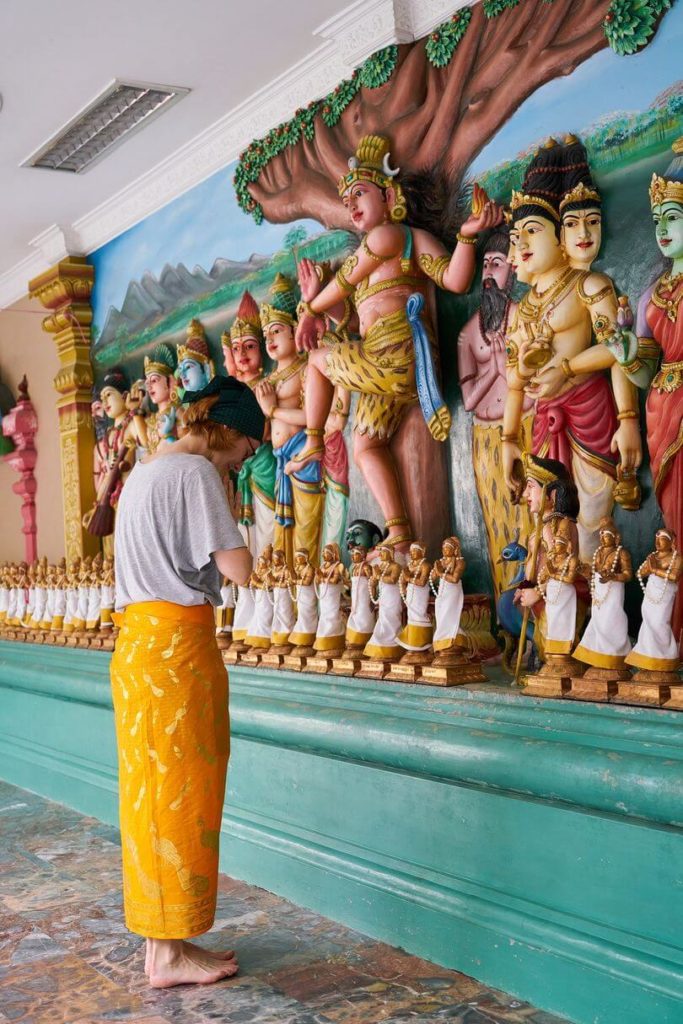

Every country has its own set of guidelines as to what’s acceptable to wear in public. Wherever you travel, the best thing to do is to try and blend in with the locals. You don’t want to offend others or draw attention to yourself with your clothing, so take time to learn how the locals dress in different situations.
For example, some countries will require you to cover your hair, legs and arms at religious and cultural sites, while others may require you to cover up even at the beach.
As a general rule, you should dress modestly and avoid clothing with any imagery that may be offensive. If the locals are dressing conservatively, you should too, as a sign of respect. This also applies to flashy accessories like expensive phones, cameras, jewellery and watches. All of these will mark you as a wealthy foreigner and possibly draw unwanted attention.
3. Learn some basic phrases


Language barriers can be one of the biggest challenges you’ll face when travelling. It’s best to learn a few basic phrases to make your trip a bit smoother. This will also help you connect with locals and have more meaningful experiences.
Making the effort to learn some of the local language shows people that you care about getting to know them and that you have a genuine interest in their culture. Even if you only learn a few key phrases, it will be appreciated and may earn you a few smiles and extra help. Bring a phrasebook or download an app to help you get your head around the local tongue.
Body language is also a big part of a culture, and you should learn about the types of gestures that are considered polite or offensive before visiting a new destination. Gestures that you may find innocent (like the thumbs up, OK sign, or peace sign) may have disrespectful meanings in certain places.
For example, it’s highly offensive to touch someone’s head or point the soles of your feet at people in Buddhist cultures, while in Latin America, pointing with your index finger is considered rude.
4. Ask permission before taking photos
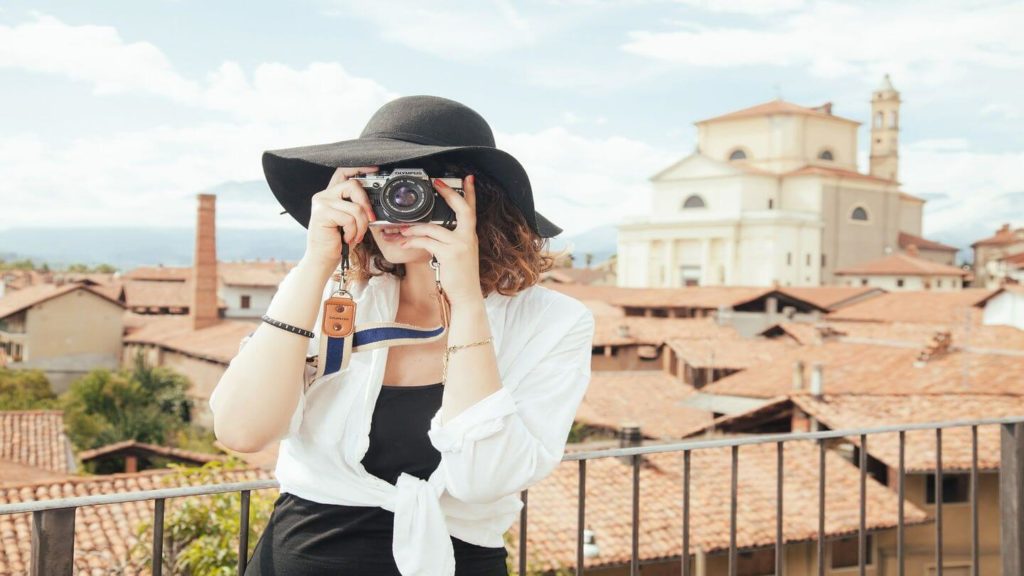

We all love snapping some beautiful shots on our culture travel experiences, but we must always ask permission before taking a photo of someone. In some countries, it’s considered offensive to have your photo taken, while other people may simply not want to be photographed by strangers while they go about their daily activities. Think about it – would you appreciate someone shoving a camera in your face while you’re at the store or with your children?
If someone does allow you to take their photo, you should let them see the photo you took and ask permission before posting it on the internet. There are also a few places where it’s always a bad idea to take photos, including military or police bases, and airport security.
5. Try new dishes and learn the local table manners


Trying new foods is a highlight of any culture travel adventure, but every country has their own guidelines to eating, so it’s important to brush up on eating etiquette before you sit down to a meal. Some cultures use utensils, some eat with their hands, while others sit on the floor, so it’s important to ask.
People are usually happy to explain how things work and sharing a meal with locals is one of the best (and most delicious!) ways to get to know people and how they live. In general, it’s considered rude to turn down an offering of food, so if your hosts are trying to share their dishes with you, it’s only polite to at least give it a try.
Learn more about how Trafalgar helps you travel responsibly: Join Trafalgar
6. Respect the etiquette for holy and cultural sites
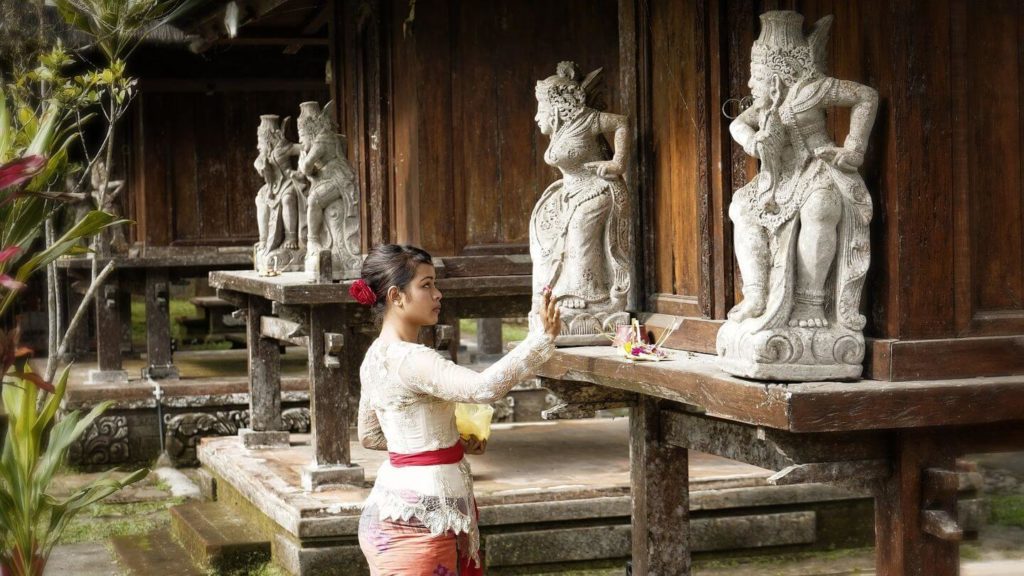

Every country has important religious, cultural and historical sites. Wherever you go, it’s likely that you’ll visit some of these unique places to admire their beauty and learn about their history, so it’s important to know about the etiquette for visiting different landmarks.
For example, in Thailand, you’ll need to cover your shoulders and knees and take off your shoes before entering a temple, while in many Middle Eastern countries, you’ll need to cover your hair before entering a mosque. There are also rules about photography, bowing, making offerings or observing silence in different places. If you don’t follow these rules, it will come off as disrespectful and you may not be allowed to enter the site.
7. Be mindful of your souvenirs
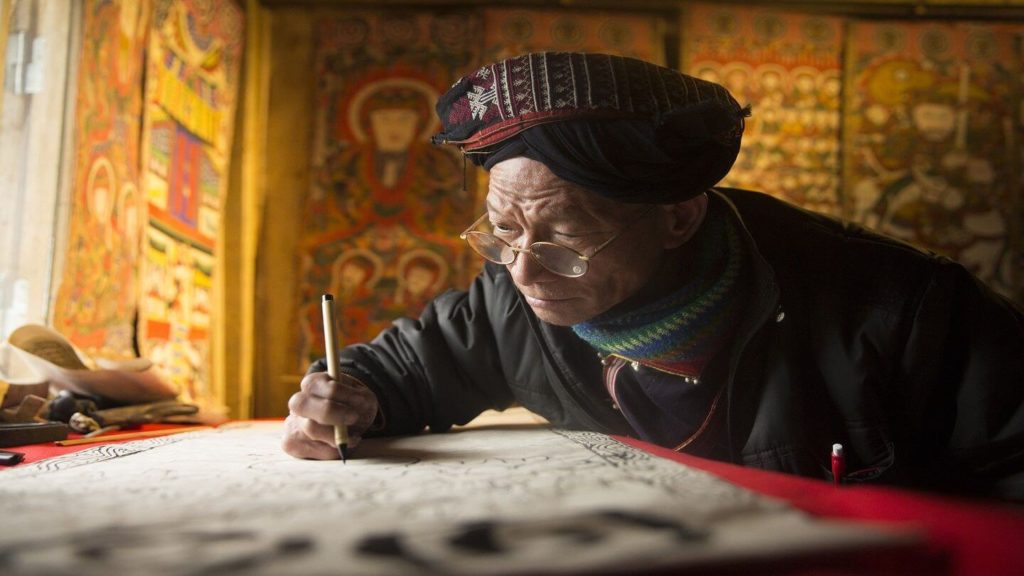

Almost everyone loves a good souvenir. From fridge magnets to postcards, there are plenty of opportunities to bring home a little piece of your travels with you. When shopping for souvenirs, it’s important to avoid any products made from fur, bone, ivory, coral, eggs and turtle shells.
Buying these products takes wild animals and plants away from their natural environment in a very damaging way. It puts money in the pockets of illegal poachers and loggers and only increases the demand for these items and the exploitation of animals and plants.
The best way to buy souvenirs is to visit local artisans and support the local economy. You can buy original paintings and sketches, unique clothing or handcrafted pieces, all whilst getting to talk with the artists who created them.
RELATED CONTENT: Eliminating single use plastic is now a worldwide issue, but is change coming quick enough?
8. Appreciate differences
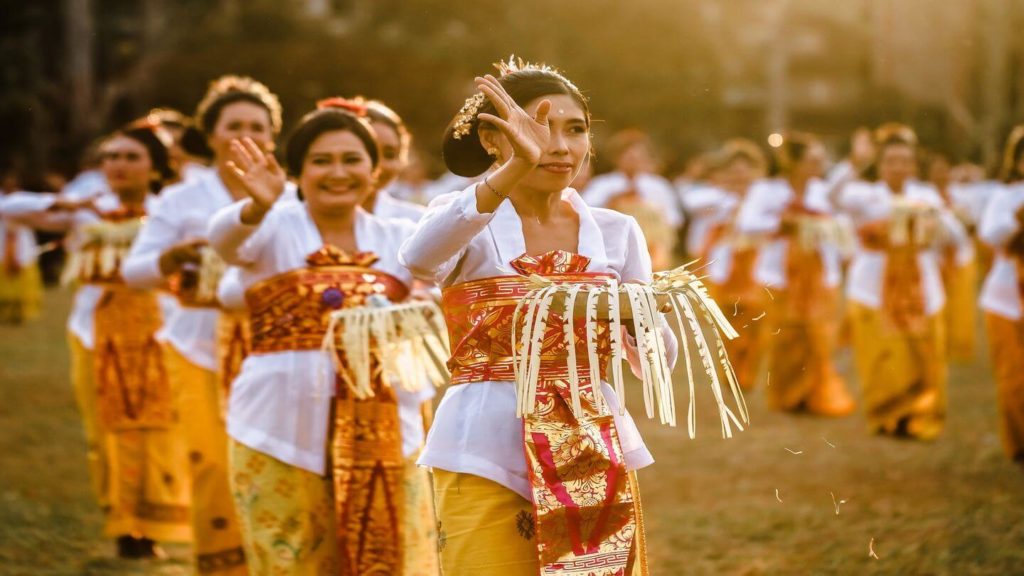

Every country is different and that’s a good thing. As you go about your travels, you may feel uncomfortable in a different culture at first, but if you embrace diversity with an open mind, you’ll see how wonderful the world can be.
Let go of any stereotypes or biases you may have about the place you’re visiting, and avoid criticisms or comparisons of other countries. Culture travel is all about opening yourself up to differences and respecting other ways of living. We all have our biases, but the most important thing is how we choose to respond to them.
9. Ask someone


If in doubt, always ask. There are many people who are happy to help, like your Travel Director, Local Specialists, taxi drivers or people working at the front desk of your hotel. So if you’re not sure what to wear, how to eat, how to pronounce a word, if you can take a photo or visit a place of worship, the best thing to do is ask.
Remember to be kind to yourself and stay positive. There’s no need to stress about making mistakes if you’re making the effort to learn. Being a culturally sensitive traveller doesn’t mean you won’t make any cultural faux pas – it means you’re always learning, reflecting and aiming to be respectful in your travels.
Do you have any tips on how to be a culturally sensitive traveller? Are you planning any culture travel this year? Let us know in the comments below…